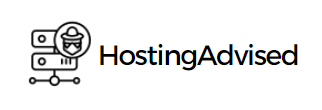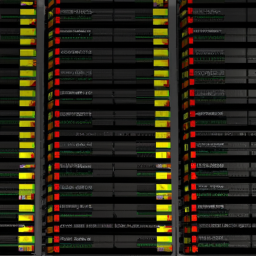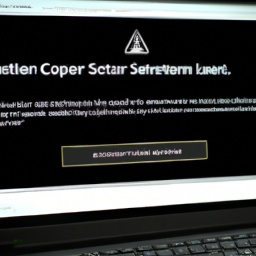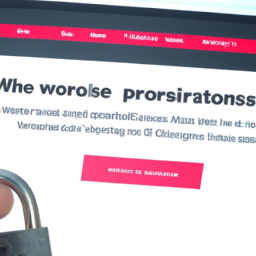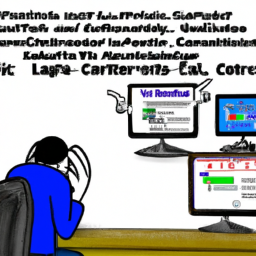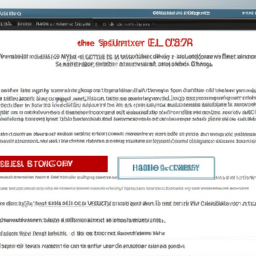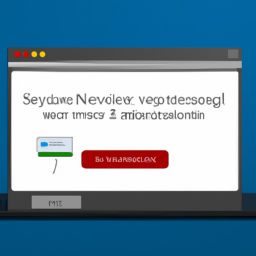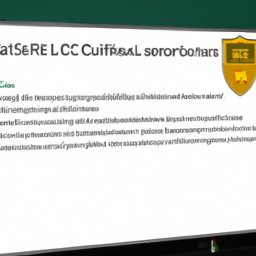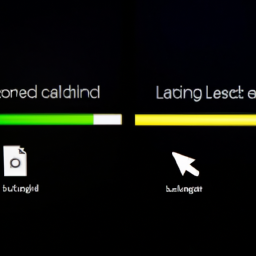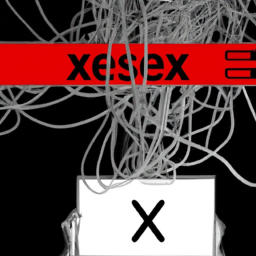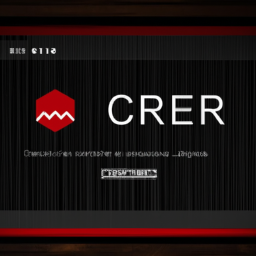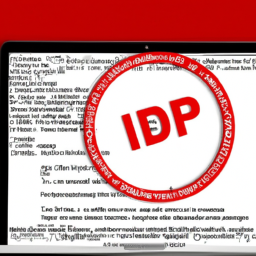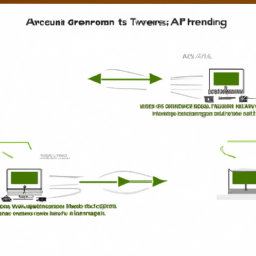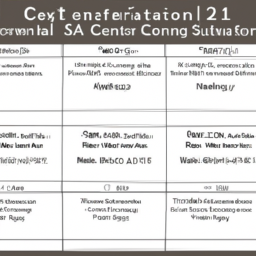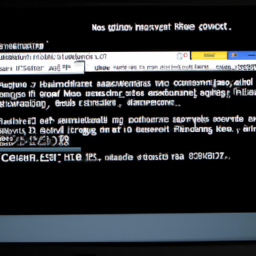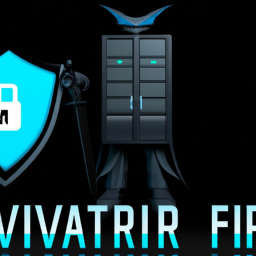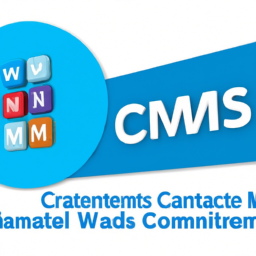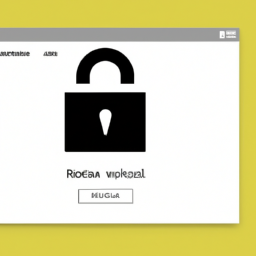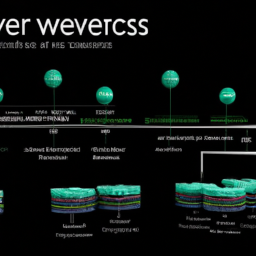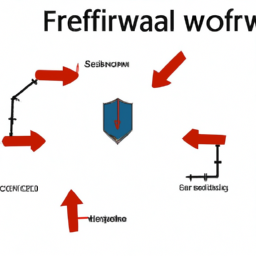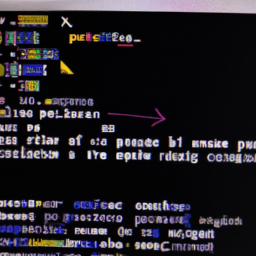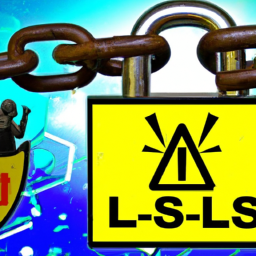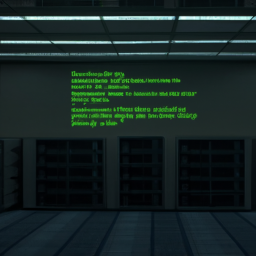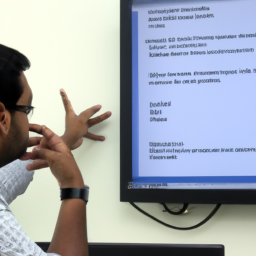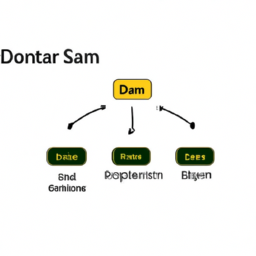Are you tired of your website crashing due to excessive memory usage? Do you want to ensure that your web hosting runs smoothly and efficiently? Look no further!
In this ultimate guide, we will equip you with the knowledge and tools to effectively manage memory usage that exceeds limits in web hosting.
To begin, you’ll learn how to identify the root cause of memory usage issues, allowing you to tackle them head-on.
We’ll then delve into optimizing your code, implementing caching techniques, and upgrading your hosting plan to ensure optimal performance.
But we won’t stop there – we’ll also guide you on managing resource-intensive processes and provide tips on monitoring and maintaining your web hosting environment regularly.
With our thorough and technical approach, you’ll be armed with the expertise to overcome memory usage challenges and keep your website running seamlessly.
So, let’s dive in and take control of your web hosting’s memory usage!
Key Takeaways
- Identify the root cause of memory usage issues
- Use memory profilers to pinpoint problem areas
- Optimize code for better memory management
- Implement caching techniques to reduce server load and improve efficiency
Identify the Memory Usage Issue
Let’s dive into figuring out what’s causing the memory usage problem, so we can get your website back up and running smoothly!
When it comes to identifying the memory usage issue, you need to employ effective debugging techniques and memory profiling. Start by analyzing your code to find any potential memory leaks or inefficient memory usage patterns.
Utilize tools like memory profilers to identify specific areas of your code that consume excessive memory. These profilers provide detailed insights into memory allocation and deallocation, helping you pinpoint the root cause of the issue.
Once you have identified the problem areas, you can then move on to optimizing your code for better memory management. This will involve optimizing data structures, reducing unnecessary memory allocations, and implementing efficient memory deallocation strategies.
By doing so, you can significantly reduce memory usage and improve the overall performance of your website.
Optimize Your Code
Ironically, improving your code can work wonders in taming the memory monster. By minimizing dependencies and optimizing your code, you can significantly reduce memory usage and enhance the performance of your web hosting.
Here are three key techniques to help you achieve this:
-
Avoid unnecessary libraries: Minimize the number of external libraries or frameworks you use, as each one adds to the memory overhead.
-
Optimize algorithms: Analyze your code and identify areas where you can improve algorithms to reduce memory usage.
-
Utilize compression techniques: Compressing files, such as images and scripts, can help reduce their size, resulting in lower memory consumption.
Implementing these techniques will not only optimize your code but also save valuable memory resources. Moving forward, let’s explore how implementing caching techniques can further enhance memory management.
Implement Caching Techniques
To optimize your code and improve memory usage in web hosting, it’s important to implement caching techniques.
By using Content Delivery Networks (CDNs), you can distribute your website’s static content across multiple servers worldwide. This helps reduce the load on your hosting server.
Enabling browser caching allows users to store static files locally. This reduces the need for repeated downloads.
Additionally, utilizing object caching can help improve performance. It involves storing frequently accessed data in memory, which reduces the need for expensive database queries.
Use Content Delivery Networks (CDNs)
Using CDNs can dramatically improve the performance of your website by distributing its content across multiple servers around the world. By doing so, CDNs reduce latency and improve website performance for users accessing your site from different locations.
When a user requests a file from your website, instead of the request going to your server, it goes to the nearest CDN server. This server then delivers the file to the user, resulting in faster load times.
CDNs also handle high traffic spikes effectively by distributing the load across multiple servers. Implementing CDNs can significantly enhance user experience and ensure that your website remains responsive even during peak periods.
To further optimize your website’s performance, the next step is to enable browser caching.
Enable Browser Caching
Don’t overlook the importance of enabling browser caching. It’s like having a personal assistant who remembers all the important details for you, allowing your website to load faster and provide a smoother browsing experience for your users.
By enabling browser caching, you can increase performance and reduce server load. When a user visits your website, their browser stores certain files, like images and stylesheets, locally on their device. The next time they visit, their browser can retrieve these files from the local cache instead of making a new request to your server. This not only saves time but also decreases the amount of data that needs to be transferred, resulting in faster load times.
So, by simply enabling browser caching, you can significantly improve your website’s performance and reduce the strain on your server.
To further optimize your website’s memory usage, let’s explore how to utilize object caching.
Utilize Object Caching
Make sure you take advantage of object caching to optimize your website’s performance and improve user experience. Object caching is a technique that stores frequently accessed data in a cache, reducing the need for repetitive database queries and minimizing the load on your server. By caching objects, such as database query results or frequently accessed files, you can significantly speed up your website. Additionally, optimizing image sizes can also help reduce memory usage. Compressing and resizing images can drastically decrease the amount of memory required to load them, resulting in faster page load times. To further improve your website’s memory usage, consider upgrading your hosting plan to one that offers more resources. This will ensure your website has the necessary memory to handle increased traffic and resource-intensive tasks.
Upgrade Your Hosting Plan
To really take your website to the next level, it’s time to consider upgrading your hosting plan. By upgrading, you can increase your resources and ensure that your website has enough memory to handle the demands of your visitors.
Upgrading your plan will give you more memory allocation, allowing you to troubleshoot errors caused by exceeding memory limits. This means your website will load faster and provide a better user experience. With a higher hosting plan, you can also handle more traffic without worrying about your website crashing or slowing down.
But upgrading your hosting plan is just the beginning. To fully manage memory usage, you also need to learn how to handle resource-intensive processes effectively. This will help you optimize your website’s performance and ensure smooth operation.
Manage Resource-intensive Processes
Get ready to take your website performance to the next level by effectively managing resource-intensive processes. One of the key strategies to achieve this is to reduce server load by minimizing database queries.
By optimizing your database queries, you can significantly improve the efficiency of your website and decrease the amount of memory it consumes. Start by analyzing your code and identifying areas where unnecessary queries are being executed. Look for opportunities to consolidate or eliminate redundant queries.
Additionally, consider implementing caching techniques to store frequently accessed data and reduce the need for repeated database calls. By reducing the number of queries and optimizing their execution, you can effectively manage memory usage and improve the overall performance of your website.
Now, let’s move on to the next section where we will discuss the importance of regularly monitoring and maintaining your website.
Regularly Monitor and Maintain
Regularly monitoring and maintaining your website is like regularly checking the oil in your car to ensure smooth and efficient performance. When it comes to managing memory usage exceeding limits in web hosting, it’s essential to employ memory usage troubleshooting techniques.
Regular memory usage audits play a crucial role in identifying potential issues and optimizing your website’s performance. By regularly monitoring your memory usage, you can identify any excessive memory consumption, memory leaks, or inefficient processes that may be impacting your website’s performance. This allows you to take proactive steps to resolve these issues before they cause any major problems.
Conducting regular memory usage audits also helps you track the effectiveness of any memory optimization strategies you’ve implemented and make necessary adjustments. So, make sure to prioritize regular monitoring and maintenance to keep your website running smoothly.
Frequently Asked Questions
How can I identify the specific memory usage issue in my web hosting?
To identify the specific memory usage issue in your web hosting, you can start by troubleshooting memory allocation. Check for any memory leaks in your code, which can lead to excessive memory usage. Use tools like memory profilers to analyze memory consumption patterns and identify any problematic areas.
Additionally, monitor your server’s resource usage and look for any unusual spikes in memory usage. This thorough approach will help you pinpoint the exact issue causing the memory problem.
Are there any code optimization techniques that can help reduce memory usage?
To reduce memory usage, you can employ various memory optimization techniques in your web hosting. Start by analyzing your code for any memory leaks or inefficient algorithms. Use tools to monitor memory usage and identify areas for improvement.
Optimize your data structures and minimize unnecessary object creation. Implement caching mechanisms to reduce the need for repeated memory allocations.
Additionally, consider using compression techniques to reduce the memory footprint of your data.
What are some effective caching techniques that can be implemented to manage memory usage?
To effectively manage memory usage, implementing memory caching is like having a magical treasure chest. This treasure chest, known as memory caching, stores frequently accessed data in a readily accessible manner, reducing the need to fetch it from the main memory.
Various caching strategies can be used to optimize memory usage. These include page caching, object caching, and database caching. By leveraging these techniques, you can improve performance and ensure smoother web hosting operations.
When is it necessary to upgrade my hosting plan to accommodate higher memory usage?
To effectively manage memory usage, upgrading your hosting plan becomes necessary when your current plan is unable to accommodate higher memory demands.
Upgrading plans allows for increased memory allocation, providing a solution to the challenge of memory management. With a higher memory capacity, your website can handle larger volumes of data and traffic, preventing potential performance issues and ensuring smooth operations.
It is essential to consider upgrading plans to optimize memory usage and maintain a reliable web hosting environment.
How can I monitor and maintain memory usage regularly to prevent exceeding limits?
To keep tabs on memory usage and prevent exceeding limits, there’s a golden rule you should follow: ‘Keep a watchful eye.’ Utilize monitoring techniques like server logs, resource monitoring tools, and performance metrics to track memory consumption regularly.
When troubleshooting, consider optimizing code, removing unnecessary plugins or extensions, and implementing caching mechanisms.
Regular monitoring and proactive maintenance will ensure smooth sailing without surpassing your hosting plan’s memory limits.
Conclusion
In conclusion, managing memory usage exceeding limits in web hosting requires proactive measures and constant vigilance.
By identifying the issue, optimizing your code, and implementing caching techniques, you can effectively address memory constraints.
Additionally, upgrading your hosting plan and managing resource-intensive processes are important steps to take.
Regular monitoring and maintenance are essential to ensure optimal performance.
Remember, managing memory usage is like walking a tightrope – it requires balance, precision, and a keen eye for potential pitfalls.
So, take the necessary steps to keep your website running smoothly and efficiently.
